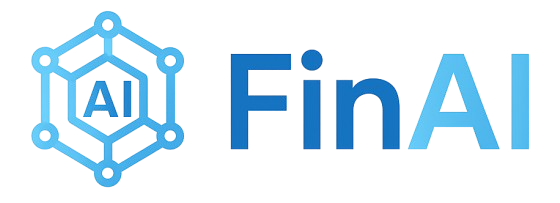Introduction to DIDs
A Decentralized Identifier (DID) is a modern type of identifier that allows individuals or organizations to access both digital and real-world services without revealing personal information or even a password.
Unlike traditional, centralized identifiers (like emails or usernames), DIDs are created, owned, and controlled by the user—without relying on any central registry or service provider. This empowers users with full control over their digital identity.
DIDs can identify any subject, including a person, organization, device, or even a dataset.
Why Are Decentralized Identifiers Important?
In today's digital world, users are constantly asked to provide personal information to access online services. Email addresses, usernames, passwords, and other sensitive data are stored and managed by third-party platforms. This brings several privacy and security risks:
-
Loss of control over personal data
-
Unauthorized access to user information
-
Data breaches and misuse by third parties
Many platforms use and even sell user data without consent, raising serious concerns around privacy.
DID as the Solution
-
Self-ownership: With DIDs, users fully own and manage their digital identity.
-
No central authority: There's no need for a platform or company to verify or store your identity.
-
Selective sharing: Users choose what information to share, and with whom.
Core Features of a Decentralized Identifier
According to the W3C (World Wide Web Consortium), all valid DIDs must include:
-
Cryptographic authentication mechanisms
-
Decentralized verification methods
-
Public key infrastructure for identity proof
DID owners use a private key to prove ownership of their identity. This eliminates the need for passwords or centralized validation, ensuring stronger security and privacy.
Real-World Applications of DIDs
1. Ontology DID (ONT ID)
Ontology’s DID solution introduces a decentralized authentication system with advanced features like:
-
Multi-entity ownership verification
-
Custom identity protocols for individuals, organizations, and devices
-
Full control over access to online accounts and services
With ONT ID, users have self-sovereign control over their digital identity and data.
2. Encrypted Data Vaults
DIDs allow individuals and organizations to create secure, self-managed data vaults. Unlike cloud providers, which hold encrypted data in centralized servers, DIDs enable:
-
End-to-end encryption managed by the user
-
Data access without third-party involvement
-
Enhanced protection against unauthorized usage
3. Data Sharing with Consent
Most users are unaware of how many websites and companies track their online behavior and store personal data. DIDs give users the ability to:
-
Review and control what data is shared
-
Avoid unnecessary data collection during account registration
-
Safely interact online without revealing sensitive information
The Growing Need for Decentralized Identity
Consider how tech giants like Google, Facebook, or Twitter work: they collect massive amounts of user data to personalize content and ads. The cost of "free" services is often your privacy.
With DIDs, users can:
-
Break free from surveillance-based platforms
-
Protect their personal information
-
Engage online without fear of data exploitation
MetaBlox: A Practical Example of DID in Action
MetaBlox Network is a DID-powered decentralized WiFi network. It allows users to:
-
Access free, privacy-protected WiFi
-
Earn ROAM tokens for participating in network growth
-
Authenticate seamlessly without revealing personal identity
The MetaBlox app marks a major step in building the infrastructure of Web3 and user-owned connectivity.
Final Thoughts
Decentralized Identifiers (DIDs) represent a transformative shift in digital identity management. They empower users with control, privacy, and freedom in how they interact with online services.
As the world moves toward Web3 and decentralization, DIDs will be at the heart of a more secure, user-centric internet.

